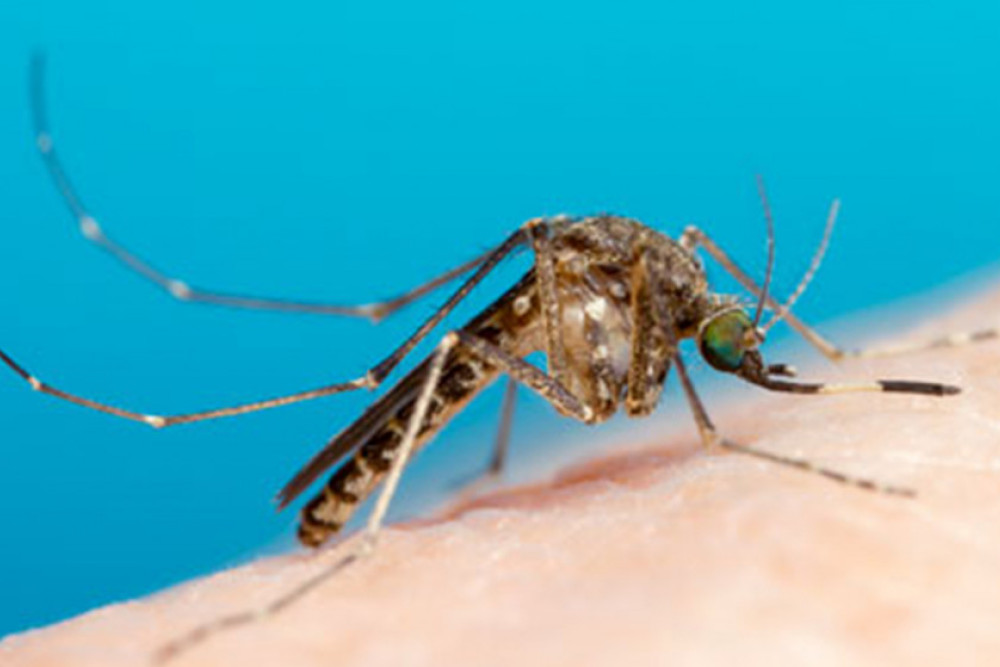Agricultural
9 March, 2022
Piggeries on alert following JEV case
Pig and livestock owners should be alert for any signs of Japanese encephalitis virus (JEV) in their animals, following the confirmation of the disease at a commercial piggery in southern Queensland and a confirmed human case.

A spokesperson for the Department of Agriculture and Fisheries (DAF) confirmed that the piggery in question is not in the Clifton area.
Queensland Health said the human case had recently travelled in regional southern Queensland and is currently being treated in a Brisbane hospital.
The DAF spokesperson said there is no risk to humans from eating pig meat and all Australian-produced pork remains safe to consume.
“The virus occurs mostly in pigs and horses, but can also infect humans,” the spokesperson said.
"The virus commonly circulates in mosquitos and is transmitted to animals and people through bites, but it isn’t transmitted from animal to animal or person to person.
“Queensland authorities are working with other states and territories, and industry to minimise any risks.”
Minister for Agriculture and Northern Australia David Littleproud said the virus had been detected in a number of piggeries across eastern Australia, in New South Wales, Victoria and South Australia as well as Queensland.
“Given this is a mosquito-borne disease, anything you can do to keep them away from you and your animals will help, whether that’s placing mosquito traps around pig pens or putting a hooded rug and some mosquito repellent on your horses,” Mr Littleproud said.
“This is a wake-up call that biosecurity is everyone’s responsibility.
“It’s on all of us now to do our bit to protect our animals and ourselves.”
For livestock owners, signs of JEV include:
Pregnant sows and gilts aborting, produce mummified or malformed foetuses, or giving birth to stillborn or weak piglets.
Infertility in boars.
Tremors and convulsions in pigs up to 6 months of age.
While most infected horses do not show signs of disease, some more severe signs of JEV in horses include fever, jaundice, lethargy, anorexia and neurological signs which can vary in severity.
Acting Australian Chief Medical Officer Dr Sonya Bennett said JEV infections can be contracted by humans through the bite of a mosquito.
“Pigs are the focus from a human health perspective as they can infect mosquitoes who then infect humans,” Dr Bennett said.
“This is not the case with horses.
“Severe illness arising from JEV infection in humans is rare and most people will have no symptoms at all if infected.”
Children under five years of age and older people who are infected with JEV are at a higher risk of developing more severe illness.
Minister for Health and Aged Care Greg Hunt said people in areas of high mosquito activity in Eastern Australia should use mosquito repellent containing picaridin or DEET on all exposed skin.
"Wear long, loose fitting clothing when outside, and ensure accommodation, including tents, are properly fitted with mosquito nettings or screens,” Mr Hunt said.
Horse owners can put a light cotton rug on horses, a fly mask and, if the horse allows, apply a safe insect repellent.
The DAF spokesperson said those who suspect JEV in livestock should report it to the 24-hour Emergency Animal Disease Hotline on 1800 675 888.


